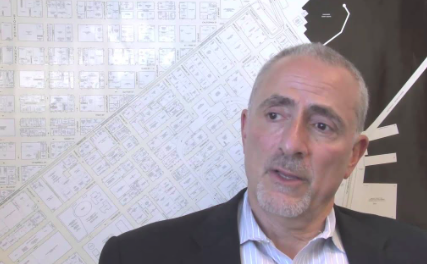
The San Francisco Planning Commission began today its formal process of selecting a new director to replace the retiring John Rahaim – and community advocates are demanding that the mayor and the commission pay attention to racial and social equity when they hire someone to lead one of the most important departments in the city.

Under Rahaim, the Planning Department has been largely devoted to facilitating development and growth, with little concern for the consequences for vulnerable communities. Rather than planning to protect residents and direct growth to the areas where it will do more good than harm, the department has been largely in response mode, looking for ways to accommodate the permits that developers file.
The process has become really awful, almost a parody of itself.
Housing is a central part of the problem.
“We tried a blanket policy of speeding up market-rate development … and it failed. The majority of luxury housing in San Francisco is currently being constructed in low-income communities of color, exacerbating the housing crisis in such communities,” Organizational Director Angelica Cabande of the South of Market Community Action Network, said in a press statement. “It is time we deliberately involve communities of color in planning their own futures, and it’s time we deliberately choose an equity-led candidate that knows how to make this immediately happen.”
Choosing an equity-driven candidate would mean hiring a director who would see their job as telling developers what the city needs – not telling the city what developers need. It would mean a dramatic change at the top. It would mean, for example, supporting the concept of limiting office development until there’s enough affordable housing for the workers.
It would mean, advocates say, reversing some of the current policies that have created mass displacement.
“It’s now the time for the City to stay true to its long-espoused value of equity. There is currently an affordable-housing crisis facing people of color in gentrifying neighborhoods across San Francisco. The City must make its top priority stemming the tide of displacement of such communities,” said Director of Policy and Advocacy Norma P. García of the Mission Economic Development Agency (MEDA). “This is a longstanding crisis and the harmful impacts on working families and people of color become more dire by the day. We need urban planners uniquely positioned to take direct action from Day One to tackle and reverse these devastating trends.”
The choice of a planning director is immensely important. The commission sets policy – but on a day-to-day basis, the director decides who gets hired, how policy is implemented, and how the department interacts with developers and communities.
The commission will choose three finalists and send them to Mayor London Breed. Her decision will say a lot about her community priorities.

